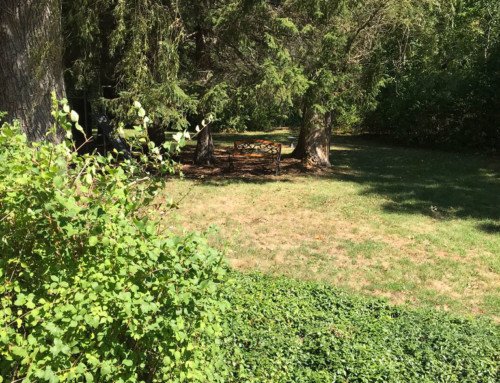September transitions raise adaptational challenges for adults and for kids. As responsibilities and activities ramp, the realities and memories of “business as usual” bring up stressors and the need for appropriate adaptation. Although often considered unwelcomed, stress can actually motivate utilization of existing coping resources and inspire the courage to develop new ones. Building on resilience is a fruitful way to manage these seasonal changes.
Resilience refers to the ability to cope with change and difficulty and to create a good life. Resilient coping draws on resources from the mental/cognitive, emotional, and action-oriented aspects of our coping toolkits, often with overlapping skills that add empowering effects.
Following are a few simple tips and tools that can help adults and children become more resilient during seasonal transitions—and beyond.
Mental/Cognitive/Action Tools:
–Bring to mind other times you’ve made successful transitions in any area. If you have had difficulties in the past, focus on what skills you might have gained, and imagine ways to apply those skills now.
–When helping children access resilience, use stories, written and oral that demonstrate the challenges and successes of creative characters with whose abilities the child can identify.
–If age-appropriate, review with child other transitions times that have been successfully mastered.
Psychological/Emotional/Action Tools:
–As you notice what emotions come up in your thoughts and in your body, normalize these sensations and give yourself permission to experience the normative feelings that go with change.
–Remember that while children have emotions, thoughts and sensations during stress, they express and role-plays that allow children’s feelings to be externalized and normalized.
Action/Cognitive/Emotional Tools:
–Rally support and build alliances. It is not unusual to need some outside assistance to successfully master any transitional period. Getting help from a trusted individual, a support group or a mental health professional makes good emotional and mental sense. Give yourself permission to seek support.
–To help children with adaptation, as needed, ally with teachers and guidance counselors. Even with transitions that are apparently smooth sailing, having a unified group of caring adults supporting children can assist with smaller changes that normally arise.
Accessing and building resources that make resilience grow can go a long way to making life better, better and better, one day at a time.






